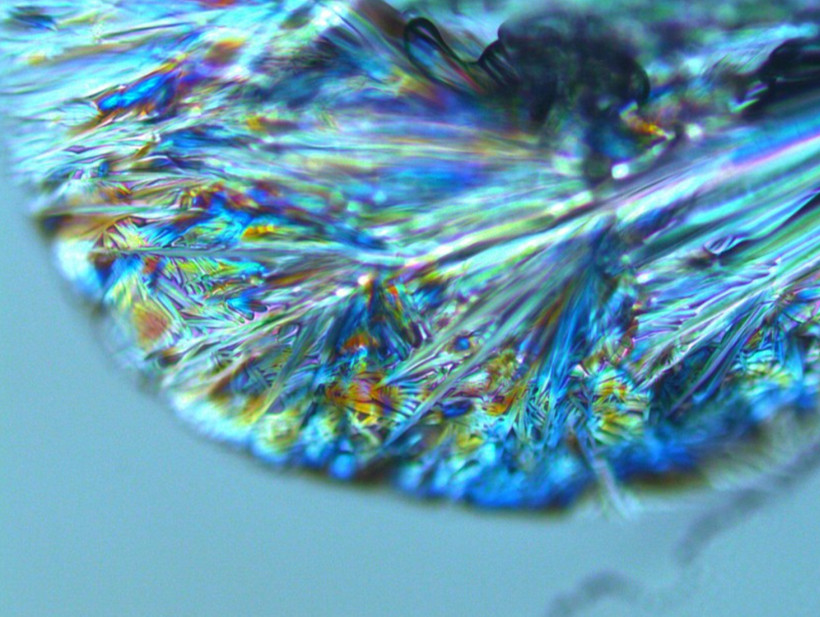
In Tienen, Belgium, sugar molasses, a by-product of sugar beet production, is fermented into citric acid. This acid is used in a variety of products such as shampoo, yogurt, soda, and dishwasher tablets. Belgium is unique in producing citric acid from this by-product; elsewhere, citric acid is primarily made from corn. Citribel, the company behind this technique, also processes the fermentation by-products for agricultural purposes.
However, the citric acid market is increasingly dominated by cheaper Chinese citric acid. Chinese producers benefit from lower labor and material costs and receive government subsidies, as China views citric acid as a strategic sector. In the past ten years, China has expanded its production capacity to the extent that it now represents 70% of global production capacity. Despite import duties, the cheap Chinese citric acid remains popular in Europe, putting pressure on the few remaining European producers.
The dependency on China's production became evident during the COVID19 crisis when production restrictions led to shortages, and European customers turned back to local producers like Citribel. However, Chinese competition has consequences for innovation and sustainability in Europe. For example, Citribel has postponed a €60 million investment intended to make their factory more sustainable. Mombaers, director of Citribel, indicates that they are being pushed by the EU to go green, even though they are already highly sustainable and cannot compete with the low prices of Chinese producers. He hopes that European governments will recognize the strategic value of citric acid production and provide support.
Source: Foodlog - VILT
Source: ©Foto: Citric Acid, Leonid Shupletsov, Wikimedia, CC SA 4.0